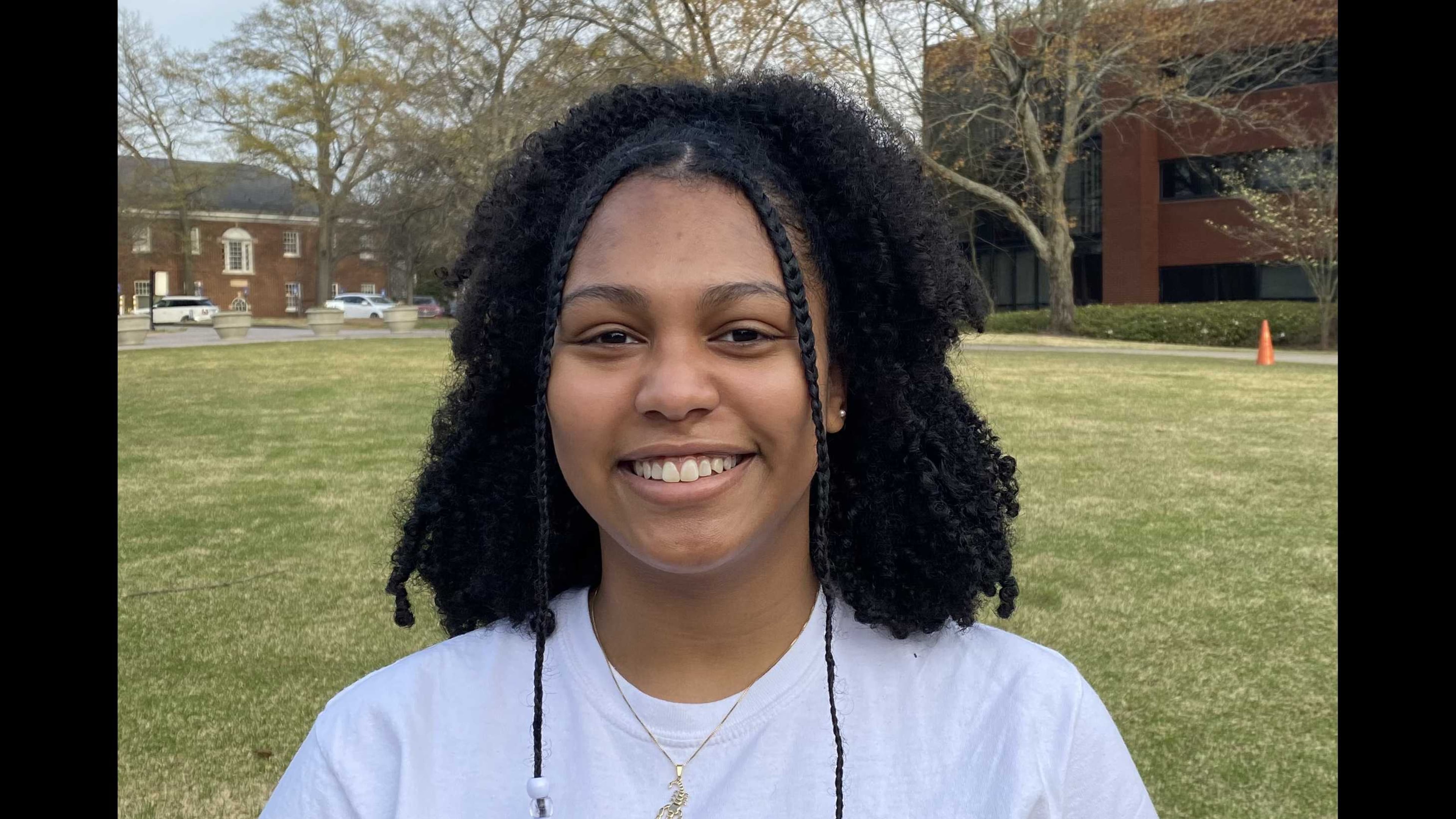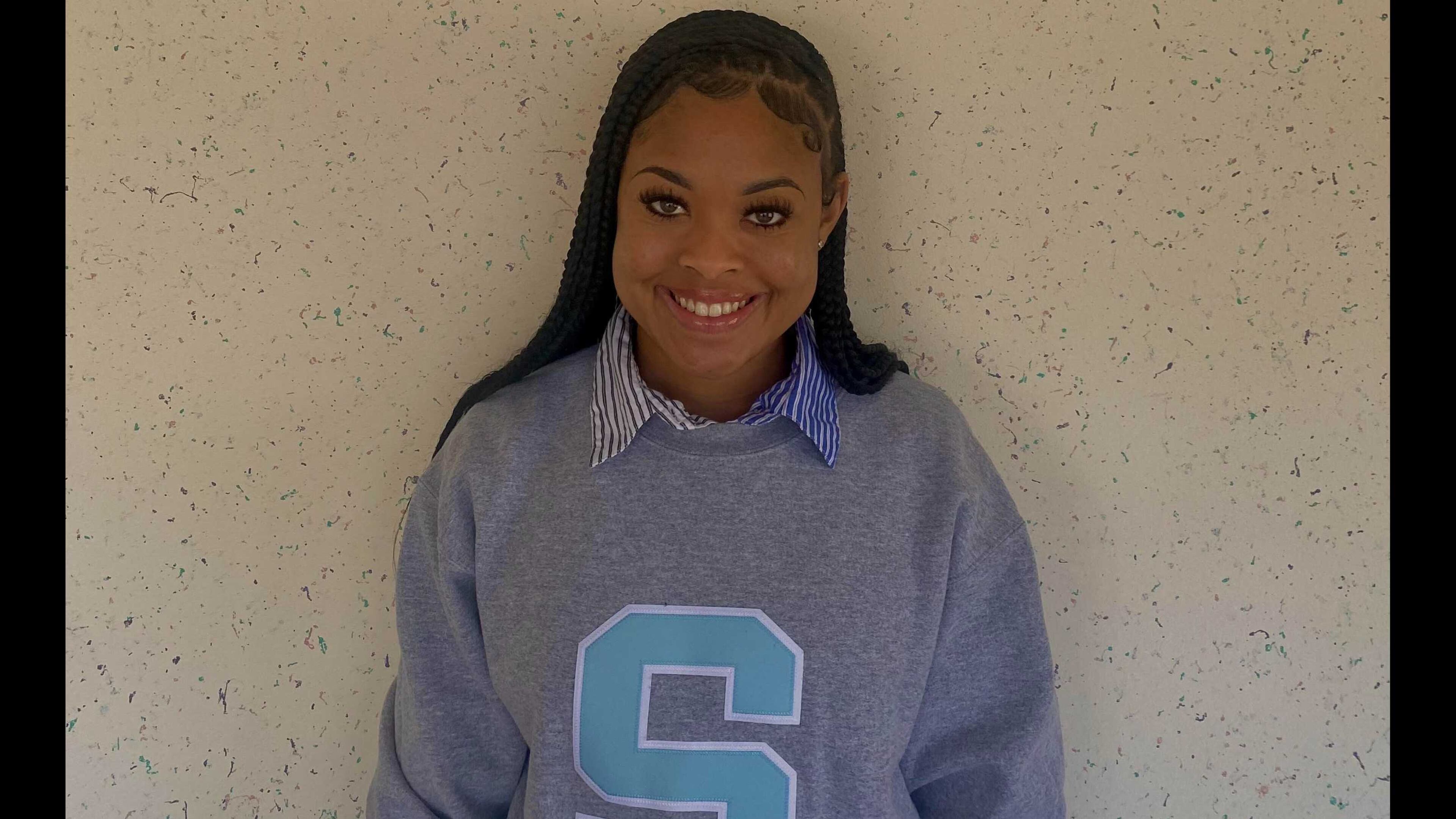Partnership helps Spelman students train to close workforce gender gap

Once a week, Spelman College’s sophomores gather online for a new course that isn’t part of the standard curriculum but may critical to their future.
The course is part of a partnership between the historically Black women’s college in Atlanta and Braven, a nonprofit organization that aims to help students get employed after college or pursue graduate degrees.
Data shows there’s a gender pay gap among recent college graduates. Women who graduated in 2020 earned an average annual salary of $52,266 while men made $64,022, according to research by the National Association of Colleges and Employers.
The pay gap is even greater for Black women, studies shows. Black women were paid 63% of what white men were paid in 2019, U.S. Census Bureau data shows. The wage gap begins — and expands rapidly — between the ages of 20 and 35, a 2021 Goldman Sachs report found.

“This income inequality gap that we have that we’ve been talking about for so very long really needs to start to close and this partnership is a way to do that,” said Che Watkins, Braven Atlanta’s executive director, who graduated from Spelman in 1991.
Tara Driver, who leads career pathways programs for Women Employed, a Chicago-based nonprofit, said these types of courses are “definitely necessary.” Driver said young women are often unaware how to negotiate equitable salaries at the start of their careers, which is often how the pay gap begins.
“It’s important in order to have the confidence to knowing your worth that you should get what you deserve going in the door,” she said.
Braven leaders hope they can close the gap by working earlier during the college careers with students from historically underrepresented backgrounds. They chose Spelman in part because its 77% graduation rate is the highest of any HBCU. They’re starting with sophomores, saying it’s important to work with students early in their academic careers. Braven will work with this group of about 450 Spelman sophomores through their senior year. The organization will work with another cohort of sophomores next school year.
Students learn how to write their resumes and cover letters. They conduct mock interviews and meet with leaders from various companies. They also work on classroom projects and receive credits toward their degrees.
Some Spelman students say the sessions have helped them decide which career paths they’re interested in and become proactive in pursuing internships.
“Without this course, I would still be kind of lost in what I want to do,” said Nailah Johnson, 19, a psychology major from the Philadelphia area.
Colleges are under growing pressure to provide skills to prepare students for the workforce, particularly amid concerns about rising student loan debt.
Braven was founded in 2013 with the goal of closing the education to employment gap. The organization is working with about 3,300 students nationwide. Spelman is the first Georgia college that has partnered with Braven.
The Spelman students are split up into groups for the online sessions. During one session, some are asked to read their “hustle statements,” an elevator pitch that explains their current and long-term goals.
The students and trainers discuss how to network and the goal of summer internships.
Some students say the course, which is held during weeknights, was initially overwhelming since they have full course loads. One class was canceled after a campus bomb threat.

Johnson said one challenge was an issue that many college students with little or no job experience face when seeking internships. What should she put on her resume?
“I didn’t think I had anything that was worth putting on there, but I did and I do,” she said.
Nia Lindsey, 20, an international studies major from Little Rock, Arkansas, said the course has removed some of the uncertainty about her future.
“It really helps with saying ‘You’re a sophomore. We can plan this out. You’re going to be okay’ and I feel like that’s really important going to an all-female, Black, HBCU,” she said.




